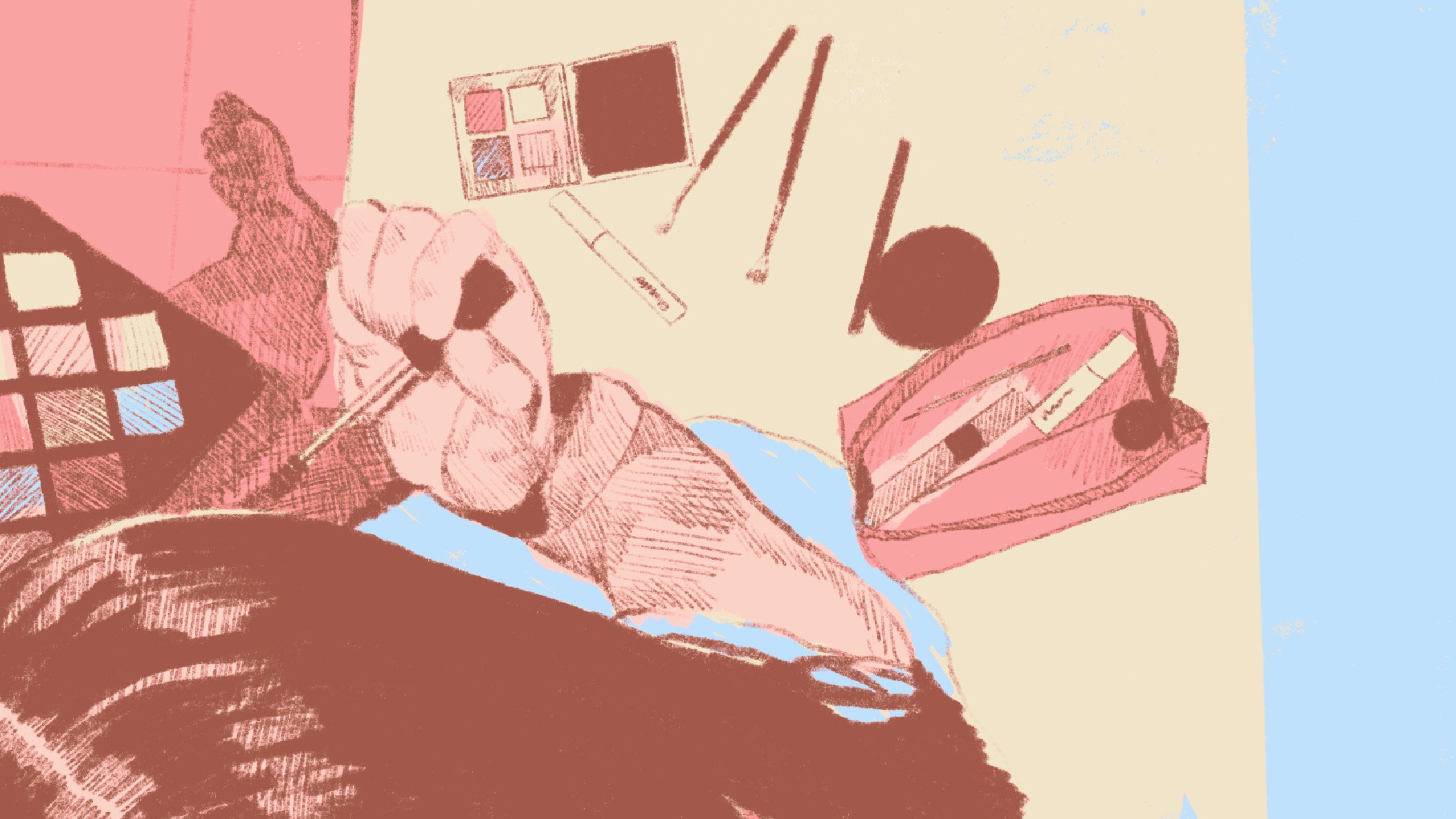Sex in the City: A Lesson in Empowerment
Header by Valerie Letts
If you asked me at seventeen what I thought Sex and the City was about, I would have said it was about a group of successful women in New York navigating romantic relationships and their complexities; at eighteen, I thought the show was trying to highlight the importance of our platonic friendships and how they can be just as fulfilling as our romantic relationships. Reflecting on the series at twenty, I now realize that the show depicted much more. While the themes of relationships and being a woman in the city persevere, the struggles women experience and the importance of understanding our self-worth became the series' focus.
When I was younger, I thought relationships were inherently challenging. The ones I saw in the media always came with difficulties; we consumed media where relationships didn’t exist without drama, miscommunications, conflicts, and external factors that constantly threw a wrench in the protagonist's path. I understand everyone makes mistakes, but how can we truly forgive people if we can’t forget what they’ve done? No matter how messy or toxic relationships were portrayed in the media, we idolized couples like Chuck and Blair, Edward and Bella, or Ezra and Aria, where the couples came together by controversial means. When Carrie met Mr. Big, he was her anomaly; he ignited her with a desire that felt fleeting, and she was willing to do whatever it took to make it permanent.
Media has made viewers believe everything will fall into place if we meet the right person. When Carrie met Aidan, I thought he was perfect for her. Aidan represented loyalty, stability, and respect, traits Mr. Big could not offer Carrie. Although Aidan Shaw seemed perfect on paper, he wasn’t perfect for Carrie. Aidan wanted to tame Carrie, and she wasn’t meant to be tamed. Aidan's behaviour towards Carrie mirrored her behaviour towards Big. At the end of the day, they were both trying to fit square pegs into round holes. There were many times when I would make excuses or blame myself in relationships, thinking that because someone possessed traits I admired, there was something wrong with me for not feeling compatible with them. . I always thought that I was showing too much of my personality too soon, being what Carrie Bradshaw calls “emotionally slutty.” One day, a friend helped me realize that the right person will cherish those parts of me and never make me feel like I am not enough. I cannot promise that I will never feel insecure, but I will stop settling for those who make me feel that way.
As I reflect on my ghosts of feelings past, I question why I chased the unattainable and ran from those who loved me as I was. When I ask myself this, I think of the recurring quote in the “Perks of Being a Wallflower,” where it is said that “we accept the love we think we deserve.” I believe in treating others the way I wish to be treated. I don’t want someone to waste my time getting to know a curated version of someone, so why would I show them a curated version of myself? Carrie Bradshaw once said, “I will never be the woman with the perfect hair who can wear white and not spill on it." I shouldn’t wait for someone else to love my flaws. I needed to love them first.
I noticed that I have felt most insecure when I was in relationships. I used to blame myself for that, thinking it was because I wasn’t ready to be in one, but I now understand I didn’t have to change who I was: I needed to change the people I was with. I let the media and society convince me that I would never be happy unless I were in a relationship. However, even with partners whom I deeply cared for, I still never got the assurance I thought I needed to feel content. Miranda Hobbs once said, “We whine when we don’t have a boyfriend, and we whine when we do,” I would rather whine with freedom than whine because I feel trapped.
I know that on my own, I am content. I don’t want to do something just because I think it’s expected of me; I care more for autonomy than security.
Samantha Jones once admitted that she knows she is harsh, demanding, stubborn, self-sufficient, and always right. When Samantha chose to get into a relationship with Smith, she wanted to ensure he knew exactly what he was getting involved with. She discouraged his affections, and he loved her despite it. Although her wisdom often came out crass, her insights will always be profound: the right guy is an illusion.
As humans, we crave companionship. This fear of loneliness can make us feel pressured to stay in or get into a relationship to prove our desirability. I recall Samantha Jones advising Charlotte York to go through life like she does: enjoying men but not letting them fill her up. What I loved about Samantha Jones was that she marched to the beat of her drum, gave up on trying to please others, and chose never to love another person more than she loved herself. Samantha Jones always put herself first and never allowed approval or validation from others to influence her self-worth. As I reflect on the wisdom elucidated by the women in Sex in the City, I hope to think back on the revelations I experienced and not allow myself to stay with partners who make me question my worth.

